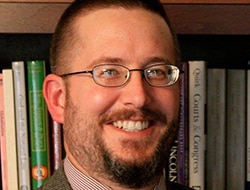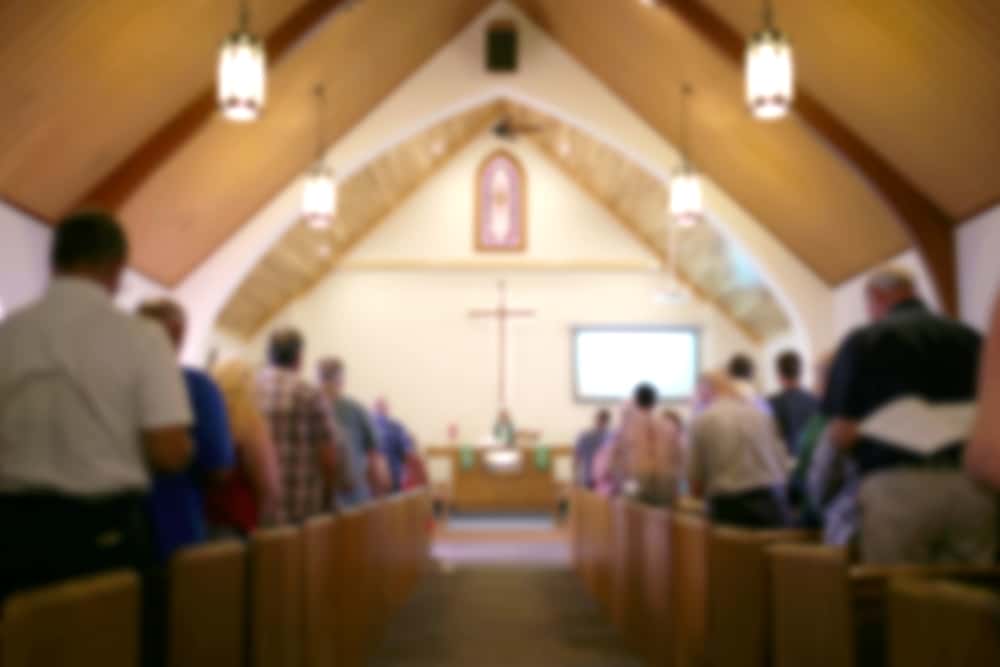
In one of the later chapters of “Out of the Ashes: Rebuilding American Culture,” Anthony Esolen tackles a question that most likely seems alien to most Americans: “not what work we do for a living, but what work we do for a living: how to work in the light of day, for the sake of life, rather than subjecting life to work, or defining yourself and your life in the terms of work.”
Who are you? The way in which we answer that question says a lot about how we see ourselves, and what we value most. Reflexively, most of us respond with what we do for a living (“I’m the publisher for OSV”), rather than with, say, “husband to Amy,” “father to my children,” much less “a Catholic” or “a Christian.” We place our work ahead of everything we should be working for.
Might that change now, in the wake of the COVID-19 pandemic? I don’t know, but it should. Those of us who have been fortunate enough to be able to continue to work at home have been confronted, perhaps for the first time in our adult lives, with the reality of doing our work in the midst of what it is we are working for. Yes, we may have understood intellectually that we do all of this for the sake of our families, and to put a roof over their heads and food on our table, but even as I type those words, I sense the tension in them. All too often, our work isn’t oriented toward everything that makes life worthwhile. Instead, to the extent that we believe that we are working for the sake of others, we resent it, unconsciously or even consciously.
At our best, we learn to love the work we do, at which point we often fall into the trap of loving it more than we love those we’re supposed to be doing it for. We confuse the means with the end. But for the Christian, our entire life is supposed to be oriented toward the ultimate end, union with God. All of our intermediate ends here on earth are worthwhile in themselves because they partake in some way in that ultimate end. The love of a husband and wife that results in new life that they love, mirroring the interior life of the Holy Trinity; the creation of a home — not simply a house, but a type of one of the many mansions that Christ says are found in his father’s house; those timeless moments of leisure in which we can contemplate truth and catch a glimpse of God — these human ends are a foretaste and promise of that ultimate end toward which we work our entire lives.
Life, we have often been told, is about the journey, not the destination. Nothing could be further from the truth. What makes the journey worthwhile is the destination. What makes our work worthwhile are the ends we’re working for.
If we learn just one thing during this time at home, in the place and among the people toward whom all our work should be oriented, let it be this.
Scott P. Richert is publisher for OSV.





